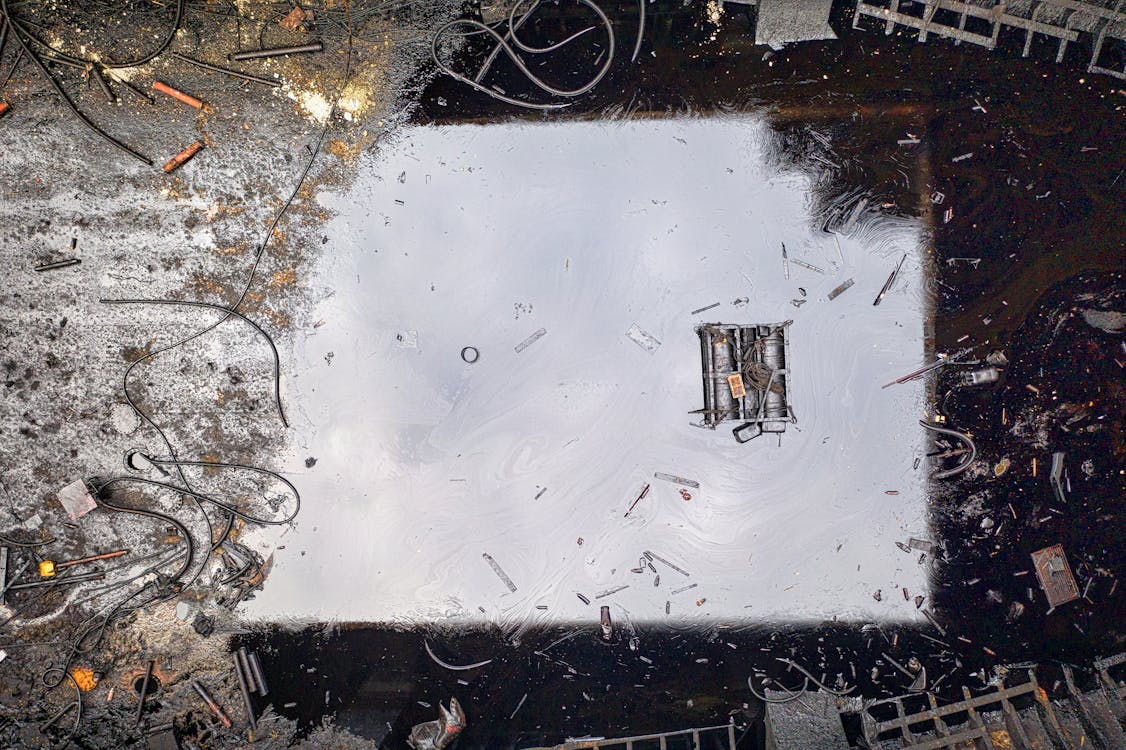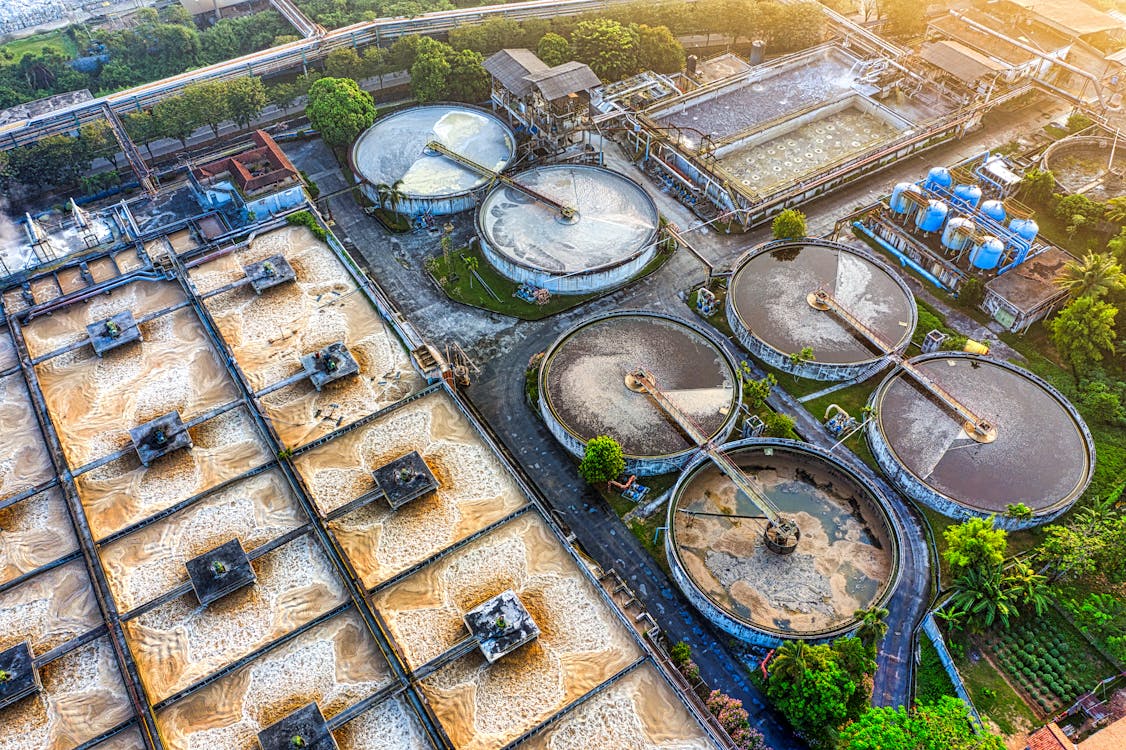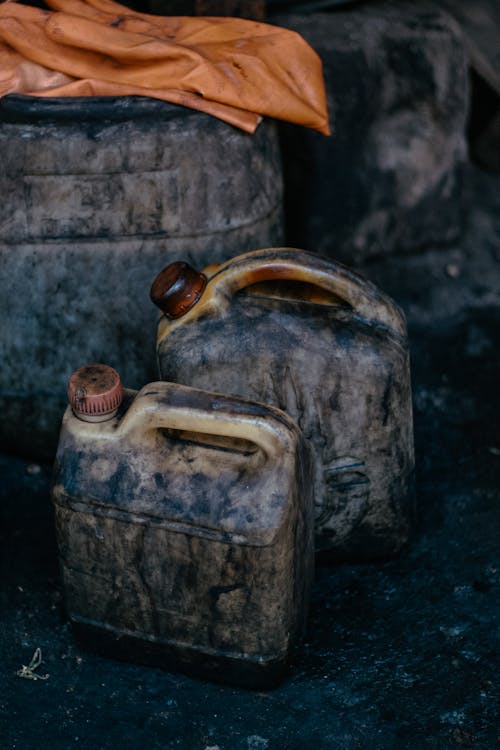- About
- Liquid Waste
-
-
-
-
Other Liquid Waste Services
-
-
- Industrial Cleaning Services
- Industrial Cleaning Services
- Blog
- Contact

Liquid waste is an inevitable byproduct of various household, commercial, and industrial activities. Proper waste management is essential to handle liquid waste generated from these sources, ensuring compliance with local regulations, protecting environmental safety, and preventing pollution. From septic tanks to heavy metals rcra wastewater, improper disposal of liquid wastes like chemical waste and household waste can lead to significant environmental hazards. But what are the 10 examples of liquid waste? In this article, we’ll delve into the different types of liquid waste and explore the best practices to manage and generate liquid waste responsibly.
Commercial wastewater is generated by businesses such as restaurants, salons, shops, and offices. This liquid waste can include cleaning agents, oils, and other substances, some of which may contain hazardous chemicals.
Industrial wastewater includes liquid waste produced by factories, warehouses, and other industrial facilities. This type of waste often contains chemicals, heavy metals, and other pollutants that are harmful to the environment and public health.
Runoff waste is generated during heavy rainfall when water flows over surfaces and carries pollutants into stormwater systems. It can contain a wide range of contaminants, including plastics, oils, grease, and heavy metals.

Sewage waste is a common type of liquid waste originating from residential, commercial, and public sewage systems. Sewage waste typically contains organic materials, pathogens, and chemicals that can pose health risks if not managed correctly.
Fats, oils, and grease (often abbreviated as FOG) are produced from cooking and food preparation, especially in restaurants and other food establishments. Improper disposal of FOG can lead to blockages in sewer systems and contribute to water pollution.

Used oils from vehicles and machinery maintenance, such as motor oil and hydraulic oil, are a form of liquid waste that requires careful handling. If disposed of improperly, used oils can seep into soil and water sources, causing significant environmental damage.
Hazardous household liquids include cleaning products, paints, solvents, and other chemicals used in homes. These substances often contain harmful chemicals that can contaminate water sources if disposed of improperly.
Leachate is water that has passed through solid waste, picking up contaminants along the way. It’s commonly found in landfills and can contain a range of pollutants, including chemicals, pathogens, and heavy metals.
Domestic holding tank waste is the liquid waste stored in holding tanks that lack proper drainage systems. Similar to septic tank waste, this waste must be removed regularly and treated to prevent contamination.
Medical waste is generated in healthcare facilities, including hospitals, clinics, and research labs. This type of liquid waste can contain bodily fluids, blood, and medications, posing health risks if not handled properly.
Managing liquid waste is a complex process, and improper disposal can have severe consequences for both public health and the environment. Partnering with experienced waste management companies ensures that liquid waste is handled according to industry best practices.
Our company is equipped with the specialised equipment and expertise necessary to manage a wide range of liquid waste types, providing you with peace of mind that your waste is being disposed of safely and legally. From household liquid waste to industrial effluents, we are here to help with comprehensive liquid waste management solutions.
Don’t let improper waste disposal harm your property or the environment. Whether you’re dealing with domestic holding tank waste, hazardous household liquids, or commercial wastewater, we provide safe, compliant solutions tailored to your needs. Contact our friendly team today for an obligation-free quote, and let us help you maintain environmental safety and regulatory compliance. Choose professional waste management to protect your property, health, and the environment.